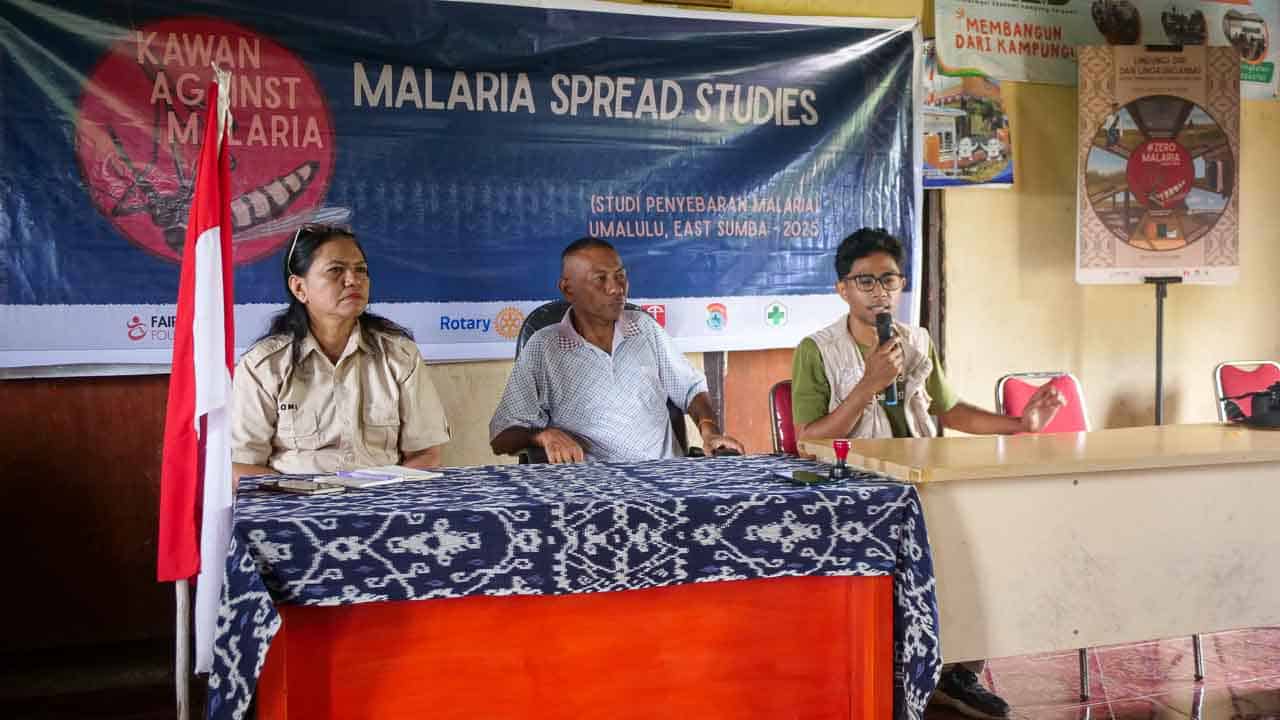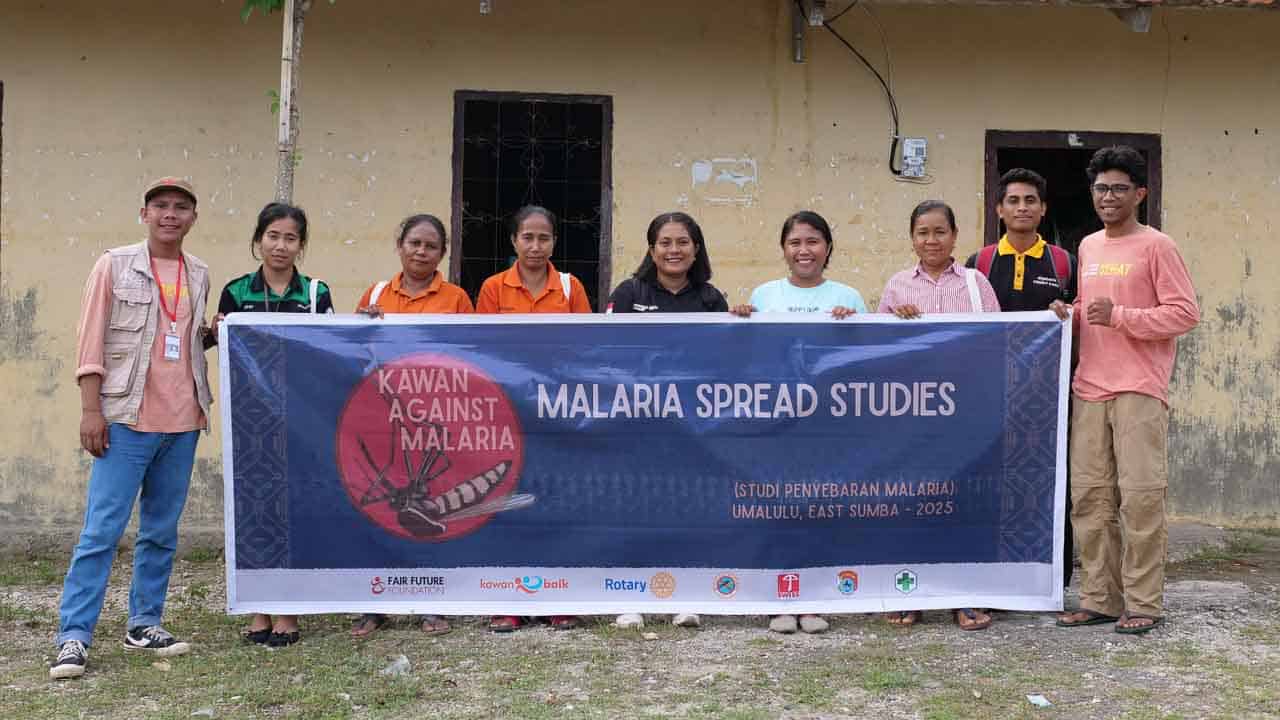Tuberculosis in Remote Sumba: Insights and Solutions for a Public Health Challenge. Examining the increase of tuberculosis in East Sumba's extremely rural areas, its causes and prevention methods,...

We will construct eight ferrocement tanks in Hambarita to provide clean water to isolated families. Six of these are currently funded, but two remain unfunded. We require CHF 2,300 for each tank. Your support guarantees access to clean water for the most remote communities. Donate now and be part of this life-changing project.
Urgent interventions for long-term empowerment in rural Indonesia. Fair Future addresses the life-saving challenges of ultra-rural communities in eastern Indonesia, providing sustainable solutions for urgent surgical interventions and infectious diseases such as malaria, malnutrition, polio, and other infectious diseases.
Addressing Critical Challenges: Transforming Crises into Sustainable Solutions.At Fair Future Foundation, we view challenges as more than mere obstacles; they represent critical and often life-threatening situations requiring immediate, concrete action. When faced with a vulnerable child suffering from malnutrition and tuberculosis or a family dealing with the aftermath of a malaria outbreak, time becomes our greatest adversary. These aren’t isolated events but interconnected crises that impact health, livelihoods, and the survival of whole communities. In the remote regions of Eastern Indonesia, where resources are limited and distances great, delays can have dire consequences. The absence of antimalarial treatments or essential surgical supplies can lead to drug resistance, widespread outbreaks, or even economic instability. Tackling these crises requires more than just medical action; it is crucial for protecting the community’s overall well-being. Fair Future works in partnership with organizations such as Kawan Baik and regional authorities to coordinate swift, life-saving interventions. From providing critical medical supplies and setting up temporary healthcare facilities to distributing insecticide-treated nets, all efforts are driven by a focus on sustainability. By training local health workers, educating communities, and implementing preventive measures, we ensure that our solutions have lasting impacts well beyond the immediate crisis. Our approach transforms the concept of urgency. It’s not only focused on providing immediate relief but also on building robust systems that reduce the frequency and impact of crises. Fair Future’s efforts serve as a call to action, urging us all to consider: How can we help shape a future where these critical issues are eradicated?
Since 2008, Fair Future has been bringing healthcare, clean water, and real solutions to ultra-rural communities where no one else goes. Your support fuels this mission. Thank you!

In April 2025, the Fair Future Foundation launched the Malaria Spread Studies program in East Sumba, with a focus on the ultra-rural village of Umalulu. This region has long struggled with malaria, with nearly 55% of the population recently testing positive. Despite years of endemic presence, little has been done to understand why malaria continues to thrive here.
The Malaria Spread Studies aim to diagnose the real situation before proposing any solutions, just as a doctor would never prescribe medicine without first understanding the illness. For the first time, we are conducting a comprehensive field investigation to map out the factors that fuel malaria transmission.
To carry out this program, we developed a specialised digital tool: the Kawan Against Malaria App ("Good Friends Against Malaria"). This application enables local teams to survey every household in Umalulu by asking 65 targeted questions. The study is based on three key pillars:
This approach is unique in an area where resources are minimal and where little support exists beyond minimal governmental programs. Thanks to collaboration with local authorities, Kawan Baik Indonesia, Rotary International, and Rotary Against Malaria, this study aims to establish a precise understanding that will inform future prevention and treatment actions.
The Malaria Spread Studies are not just about understanding the disease; they are also about preventing its spread. They aim to spread awareness, give communities a voice, provide concrete data for strategic interventions, and create a model that can be replicated across other malaria-endemic regions.
Alex Wettstein, for Fair Future Foundation
